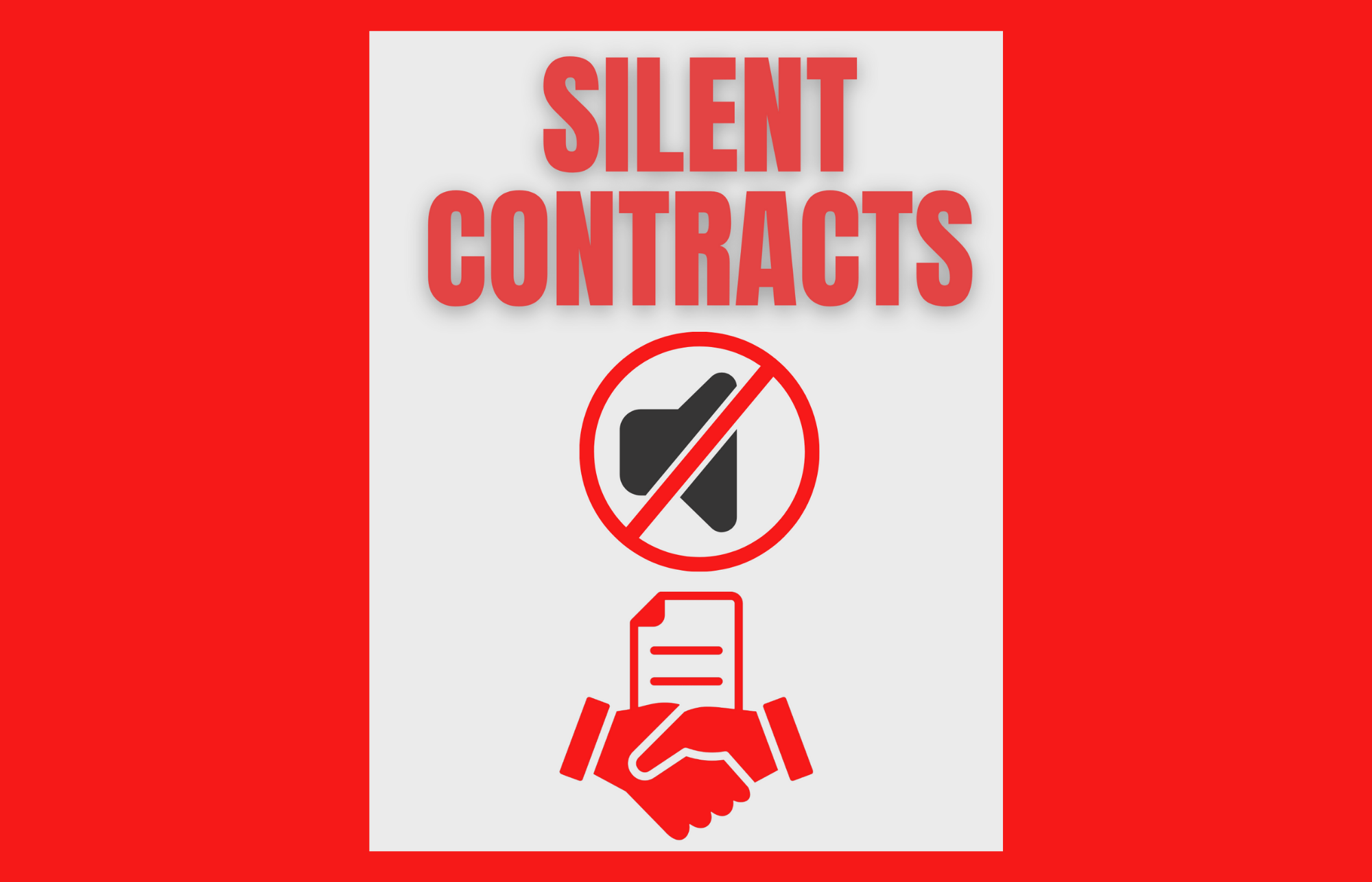“It could be worse.”
I’ve said those words more times than I can count. Sometimes to myself, sometimes to others. It’s become almost a reflex—a way of convincing myself to stay calm, to push through, to accept things as they are. But it wasn’t until recently that I realized how deeply embedded this phrase had become in my life, and how dangerous it truly is.

You see, the problem with “It could be worse” isn’t just that it’s dismissive—it’s that it trains us, and the people around us, to minimize what we’re going through. When I share something difficult—a flat tire, a bad day, a moment of hurt—and immediately follow it with, “But it could be worse,” I’ve essentially explained away my own feelings before anyone else even has the chance. I’ve invalidated my experience, leaving little room for others to empathize, to support, or to even acknowledge that what I went through was hard.
The damage is subtle but significant. Over time, this habit conditions the people in our lives to treat our struggles as minor or unimportant, because that’s how we’ve framed them. And when the emotional volley—the back-and-forth of care and understanding that sustains relationships—isn’t there, it doesn’t take long before we start to feel like those around us don’t care.
But here’s the truth: It’s not that they don’t care. It’s that we’ve trained them not to.
This was a revelation for me—a hard one, but a necessary one. I realized that every time I used “It could be worse” to rationalize my pain, I was signing an unspoken contract with myself and others to diminish my needs. And once I saw that, I couldn’t unsee it.
Silent contracts like this one don’t just exist in our minds. They show up everywhere—in our families, in our relationships, in our workplaces, in our friendships, and even within ourselves. They tell us how we “should” behave, what we “should” accept, and what we’re allowed to feel. And they often leave us feeling unseen, unheard, and unsupported.
This article will break down what silent contracts look like across different areas of life: family dynamics, romantic relationships, workplaces, friendships, cultural norms, and even the contracts we unknowingly sign with ourselves. Recognizing these contracts is the first step to rewriting them, so let’s get started.
Family Dynamics: Silent Contracts
Example 1: “You’re the oldest—you should know better.”
As the eldest sibling, there’s an unspoken agreement that you’re the responsible one. You’re expected to step in as a second parent, solve family issues, and set an example for everyone else—even when it comes at the expense of your own growth or well-being. The pressure to always know better, do better, and handle things “perfectly” can lead to feelings of resentment, guilt, or burnout.
Example 2: “Mom will do it.”
The belief that mothers should naturally handle all household duties and emotional labor leaves women carrying an unsustainable weight, often without acknowledgment or support. Whether it’s waking up in the middle of the night with the baby, organizing everyone’s schedules, or picking up the slack left by others, the assumption is always the same: Mom will do it.
Relevant Article:
“The Mental Load: A Feminist Issue” — An article from Harper’s Bazaar explores how women often take on the invisible, emotional labor of households, leaving them overwhelmed and undervalued.
“Family shouldn’t mean sacrificing yourself at the altar of obligation. Love is shared, not endured.”
— Dr. Reaux Simmons
Romantic Relationships: Silent Contracts
Example 1: “It’s a woman’s job to keep the relationship going.”
Women are often conditioned to believe that the emotional success of a relationship rests solely on their shoulders. From planning date nights to remembering anniversaries, coordinating holidays, managing family gatherings, and even handling the household groceries, the unspoken expectation is that she’ll handle it all.
Example 2: “At least he comes home every night.”
The phrase “At least he comes home every night” is often used to justify staying in a relationship where emotional or financial neglect is normalized. It shifts the focus to the bare minimum—physical presence—while dismissing deeper issues like disrespect, manipulation, or unshared burdens.
Relevant Article:
“Emotional Labor in Romantic Relationships” — A report by the Gottman Institute explores how the uneven distribution of emotional labor impacts relationship dynamics and longevity.
“Respect and boundaries belong in every relationship. Love isn’t about endurance—it’s about balance.”
— Dr. Reaux Simmons
Workplace Expectations: Silent Contracts
Example 1: “You’re the new one, so you don’t get a say.”
Being the newest employee often comes with unspoken rules about staying quiet and taking on undesirable tasks, regardless of fairness.
Example 2: “You’re good at this, so we’ll give it to you.”
Competence often comes with its own burdens in the workplace. If you’re seen as reliable or skilled, you’re quietly assigned more work or given extra responsibilities without recognition, compensation, or support.
“Work isn’t supposed to feel like a punishment for being good at what you do. Respect and boundaries belong in every job description.”
— Dr. Reaux Simmons
Friendship Dynamics: Silent Contracts
Example 1: “You know how I am.”
This phrase is often used to excuse bad behavior, dismiss accountability, or justify a lack of effort in friendships.
Example 2: “Real friends don’t need boundaries.”
The idea that close friendships are exempt from boundaries often leads to resentment, emotional exhaustion, and one-sided relationships.
“Friendship doesn’t mean enduring disrespect. It means mutual respect, shared accountability, and joy.”
— Dr. Reaux Simmons
Personal/Internal Silent Contracts: “I’ll Do It Myself”
Example: “I’ll do it myself.”
This silent contract stems from the belief that asking for help will only lead to more frustration.
“You cannot pour from an empty cup, nor thrive in borrowed light. Tend to yourself. Your world depends on it.”
— Dr. Reaux Simmons
Closing Addition: Exploring the Trilogy
Silent contracts shape so much of our lives, often without us even realizing it. The truth is, these unspoken agreements can make you feel like you’re not in control of your own life.
Because here’s the thing: It will always get worse.
Recognizing them is the first step to reclaiming your narrative. If this article resonated with you, it’s just the beginning of the journey.
My work delves into the unspoken rules and emotional landscapes that influence our decisions, our relationships, and our sense of self. If you’re looking to explore these themes further, consider starting with my books: available on Amazon
Ride or Die No More: A Black Woman’s Guide to Purpose
This book uncovers the dynamics of loyalty and sacrifice in relationships, teaching readers how to reclaim their power and rewrite the definition of love and loyalty.
You’re Not Crazy: Navigating Narcissists
A bold exploration of recognizing and healing from the subtle and extreme behaviors of narcissistic relationships, offering clarity and tools for taking back control of your emotional well-being.
Each book offers practical insights, relatable stories, and transformative guidance to help you understand and navigate the complexities of modern life that effect us daily.
By starting with either book, you’ll gain a deeper understanding of the silent contracts you’ve signed—and how to break free from them. Also enjoy my guided information and examples of additional the topics we don’t talk about; that we should.
Reaux Simmons


